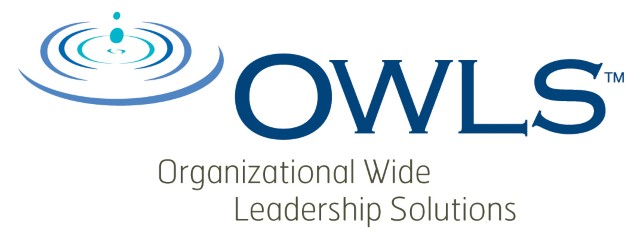Every marketing plan template I’ve ever seen includes a section on competition. Seems it’s universally accepted that knowing your competition intimately is a key part of succeeding, whether you’re a business or an individual.
Why is that? Why are we so keen on knowing every wrinkle about what our competition might be thinking, plotting or doing? I guess the theory is that knowing our competition reduces the chances of our being outflanked, outperformed and out achieved.
I’d agree. But, what I don’t agree with is who exactly our most important “competition” or enemy is. Who, after all, was responsible for upending the Roman Empire? Which competitor heaped tragedy on the lives of those hubris-ridden heroes in Greek mythological?
Who, in your business and in your life, has done the most damage, actually and potentially? Who is responsible for your greatest downfalls and shortcomings? Which enemy is consistently the biggest speed bump on your road to success?
When it comes to analyzing competition, the most valuable insights I’ve ever read come from two people who lived centuries and continents apart. “Be close to your friends and closer to your enemies,” counsels Sun Tzu in his Art of War. Wise words that any business or individual interested in succeeding would do well to heed.
But that advice needs focus if we are to plumb its deepest meaning and understand its richest levels and value. Sun Tzu’s words receive that focus from the insights of a comic strip character who lives in the swamps of the Southeastern United States. “We have met the enemy,” says Pogo, “and it is us.”
Most companies and individuals spend infinitely more time analyzing and fretting over the damage an outside source might do to our goals than exploring the many ways we sabotage ourselves. Knowing ourselves is a process that is all too easily derailed by any convenient distraction, including those lurking down the street or in the next office.
Competitors don’t take away business or customers. They don’t cause employees to leave or success to be minimized. They don’t cost us a promotion or cause us to give up on our dreams. We do all those things all by ourselves. And, we’ve learned how to be very good at doing them.
We lose business and ground because we fail to understand ourselves. We don’t take the time or invest the effort necessary to learn the many ways the fears and doubts inherent in this inner “competitor” continue to harm us and or we might overcome them.
Obsession with who or what we assume are our greatest competitors, coupled with a lack of self knowledge and consistent authenticity, teams to derail more empires, businesses and careers than all outside competitors combined.
Here’s an example. Organic food and natural products have been hot items of late. The demand and market for these products has grown dramatically over recent years. Even months. Reacting to the fear of either losing sales or not capitalizing on this emerging opportunity, retail outlets have jumped on the organic and natural bandwagon.
All of them have gotten into the act. Even Wal-Mart. Now, I’ve never worked for Wal-Mart but, having shopped there a time or two, still have a pretty good idea about who their typical customer is. Wal-Mart customers shop for price. Period. There is simply no other compelling reason to go there, despite the presence of those smiling, spiffy-vested, cart-distributing seniors or the ambiance of high ceilings and fluorescent lights.
Anyway, Wal-Mart did not jump into the natural products market because those products fit their marketing mix profile. They did not join the natural products parade because their customers were looking for healthier products. They did it in response to their fear that down-the-street competition might gain an edge in a new opportunity segment. No matter that the segment fit neither their product line nor their customers’ preferred product profile. A clear example of a company succumbing to the grass-is-greener syndrome.
My guess is that Wal-Mart shoppers will soon be treated to an abundant supply of natural products going “on clearance.” A result of a company not being close enough, and responding to, the “competitor” that has the greatest chance to harm them.
When it comes your competition, the simple fact is this. The better you know yourself and act authentically on that knowledge, the less you have to fear from any outside source. The best competitors can’t go where you’re going, they can only go where you’ve been. And, marketing based on “me too” reasons does not produce long-term success, leaders or worthwhile growth.
By James M. Grossman

